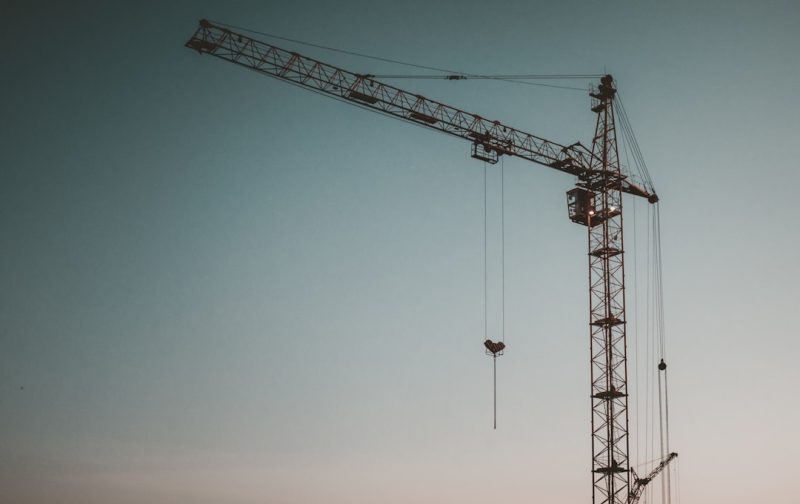
The gap between the rich and the poor is widening at an alarming rate, a trend with profound consequences for societies worldwide. This isn’t just about fairness; it’s about stability, opportunity, and the very fabric of our communities. Economic inequality manifests in numerous ways, from vastly different access to education and healthcare to stark disparities in income and wealth accumulation.
One of the primary drivers of this growing divide is the concentration of wealth in the hands of a small percentage of the population. This is fueled by several factors, including globalization, technological advancements that favor automation, and regressive tax policies that disproportionately benefit the wealthy. Globalization, while offering numerous benefits, has also led to the outsourcing of jobs and the suppression of wages in many developed countries. Technological advancements, while increasing productivity, often displace workers whose skills are no longer in demand, exacerbating unemployment and inequality. Tax policies that favor capital gains over earned income further exacerbate this issue, allowing the wealthy to accumulate wealth at a faster rate than the working class.
The consequences of this widening gap are far-reaching and devastating. Increased inequality is linked to lower social mobility, meaning that individuals born into poverty have a significantly reduced chance of escaping it. This creates a cycle of disadvantage that perpetuates inequality across generations. Moreover, high levels of inequality are associated with higher crime rates, poorer health outcomes, and reduced social cohesion. A society deeply divided by wealth is a society less likely to cooperate and address shared challenges effectively.
Addressing this challenge requires a multi-pronged approach. Progressive taxation, where higher earners pay a larger percentage of their income in taxes, is a crucial step in redistributing wealth and funding social programs. Investing in education and training programs can equip individuals with the skills necessary to compete in a changing job market, thereby promoting social mobility. Strengthening labor unions and advocating for minimum wage increases can ensure that workers receive fair compensation for their labor. Furthermore, policies aimed at promoting affordable housing, accessible healthcare, and quality childcare are essential for reducing the burden on low-income families.
The growing divide isn’t an inevitable outcome; it’s a problem that demands our collective attention and action. Ignoring this issue will only lead to further instability and social unrest. By implementing effective policies and fostering a sense of shared responsibility, we can build a more equitable and just society for all. The challenge is significant, but the potential rewards – a more prosperous and harmonious world – are immeasurable.










